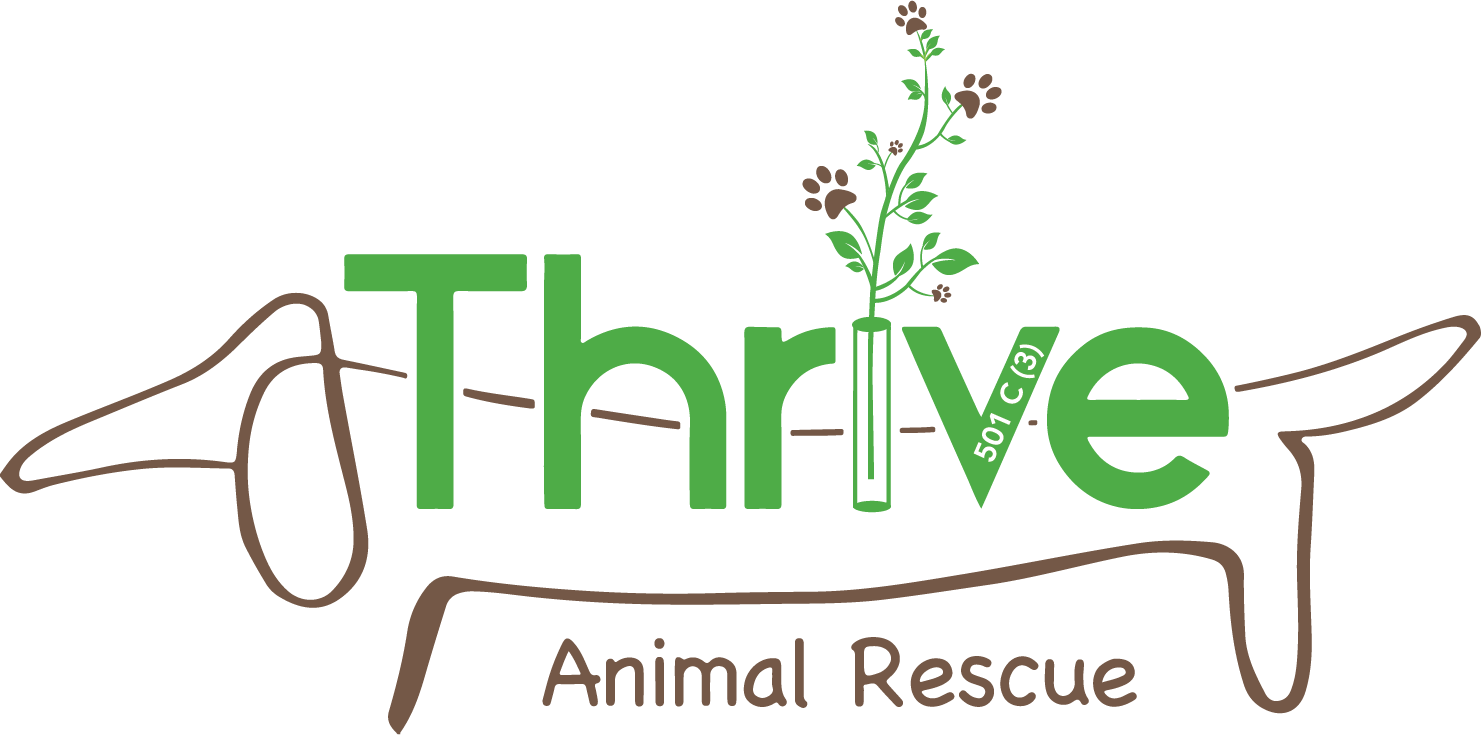Keeping Your Dog Safe on July 4th
Wednesday was a remarkable day for cats and dogs throughout San Diego county. As of July 1st, no healthy or treatable animals in shelters, humane societies or other groups that take in animals, will ever be euthanized again.
"We can say as of this day, no treatable or healthy animals is at risk for unnecessary euthanasia," said San Diego Humane Society President & CEO Dr. Gary Weitzman.
Despite the good news, the fact remains that July 4th is the most dangerous day of the year for dogs. With the celebratory fireworks, come an inordinate amount of stray dogs landing up in the shelters; mostly family pets having run away in fight or flight mode.
Here are some tips for keeping your pets safe:
• Keep your pets indoors during fireworks displays. A quiet, sheltered “den-like” retreat is best. Close windows and curtains and turn on the TV or radio to help drown out some of the noise. Some animals can become destructive when frightened, so be sure to remove any items that your pet could destroy or that would be harmful if chewed.
• Make sure your pets are wearing current identification and tags so that if they do become lost, they can be returned to you promptly.
Never
• Never take your dog to a fireworks display. It’s usually hot. There are always large crowds. And the dogs really don’t enjoy it anyway.
• Never leave pets outside unattended, even in a fenced yard or on a tether. Pets who normally wouldn’t try to leave the yard may panic and try to escape. Dogs may become entangled in their tethers or hang themselves if they try to leap over a fence. To avoid injury, keep your pets indoors.
Other ways to help your pets
• If you know that your pet is seriously distressed by the sounds of fireworks, consult with your veterinarian in advance. Your vet may recommend a fast-acting anti-anxiety medication. The key is to give the medications before the noise starts — they are less effective if you wait until the dog is already stressed.
• And if, despite your best efforts, your pet does become lost, don’t panic just yet. Check inside garages, yards, storage sheds, basements, closets, under cars and in the shrubbery at your home and throughout the neighborhood. If your pet is indeed lost, a neighbor may be keeping it safe until morning.

